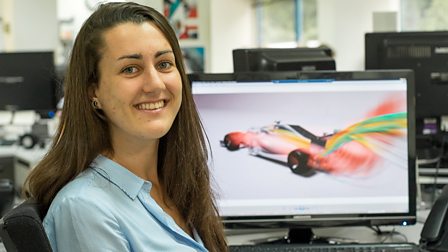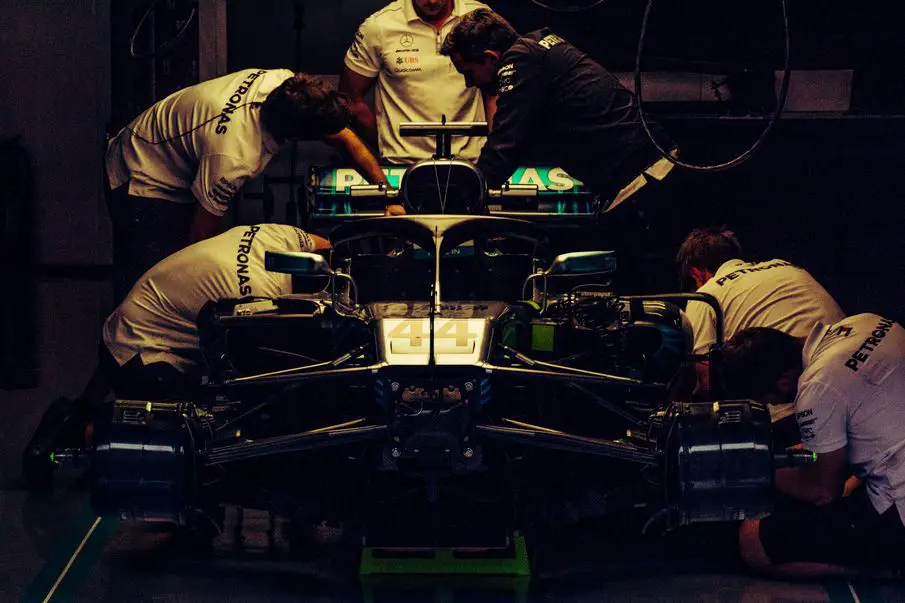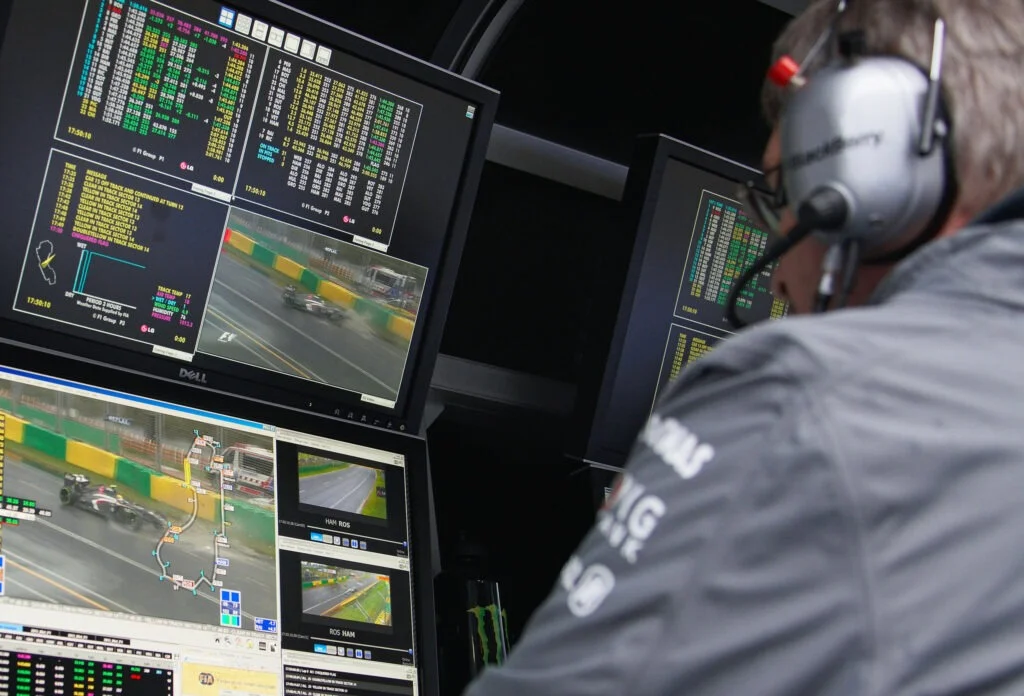Experience the thrill and excitement of Formula One racing like never before. Behind every incredible speed and precision of these powerful race cars is a team of dedicated professionals, including software engineers.
These skilled individuals play a critical role in designing and developing complex software systems that ensure the safety and performance of the car on the track. From engine control units to telemetry systems, the software engineer’s expertise is essential to the success of any F1 team.
Join us as we explore the high-stakes world of F1 software engineering and discover how these talented individuals are pushing the limits of technology to achieve victory on the track.
What Do F1 Software Engineers Do?
Formula One (F1) racing is a highly competitive industry that demands the very best from all members of a team. One of the most important roles in any F1 team is that of the software engineer.
These professionals design and develop complex software systems. Ultimately they power the cars and enable them to perform at their very best.
To become a software engineer in F1, a degree in computer science or a related field is typically required.
However, experience with software development and a deep knowledge of programming languages such as C++ and Python are also important qualifications.
Problem Solving Skills Are Essential

In addition to technical skills, strong communication and problem-solving abilities are essential traits for success in this field. The role of the software engineer in F1 is critical to the team’s success on the track. They are responsible for designing and developing the software systems that control the car’s performance and ensure its safety.
They Include All The Systems
These systems include everything from engine control units to telemetry systems that allow the team to monitor the car’s performance in real-time. In addition to developing software, F1 software engineers also play a key role in testing. They also validate the systems they create.
They work closely with other members of the team to ensure that software is integrated seamlessly with other components and that it meets the high standards of safety and performance required in this industry. The importance of software engineering in F1 cannot be overstated.
Software engineers work very hard. They make it possible for F1 teams to achieve the incredible speeds on the track.
F1 Software Engineers Are A Critical Part Of The Team

These skilled professionals are an essential part of any F1 team and are vital to its success. In conclusion, software engineering is an essential occupation in the world of Formula One racing.
The skills and knowledge required to be successful in this field are highly specialized, and the stakes are incredibly high. However, for those who are passionate about technology and engineering, the rewards of a career in F1 software engineering can be truly extraordinary.
If you are interested in pursuing a career in this exciting field, consider obtaining a degree in computer science or a related field and gaining experience with software development and programming languages like C++ and Python.
With the right skills and dedication, you could become an integral part of an F1 team and help lead them to victory on the track.
Skills And Qualifications
To succeed as a software engineer in Formula One racing, you will need a deep understanding of programming languages, software development tools, data structures, algorithms, database management, and software testing.
Additionally, excellent communication and problem-solving skills are crucial in this highly competitive and fast-paced industry.
How Much Does A Software Engineer Make In F1
Possible ranges for the annual salary
$60,000 – $120,000

